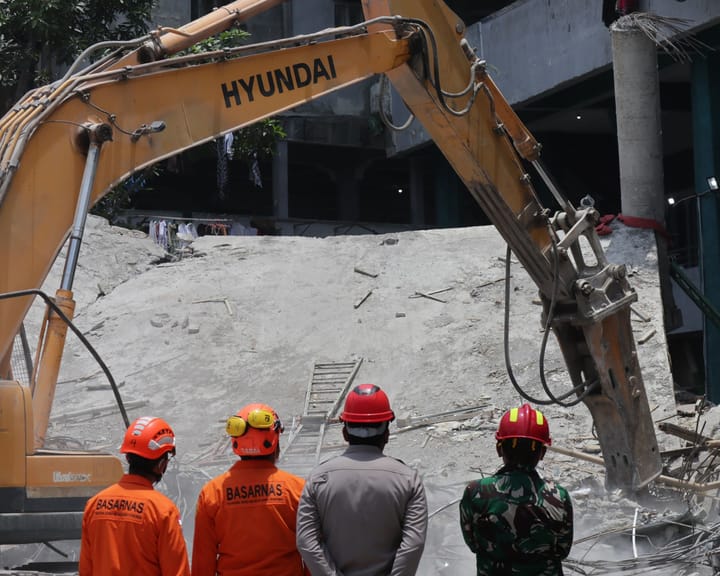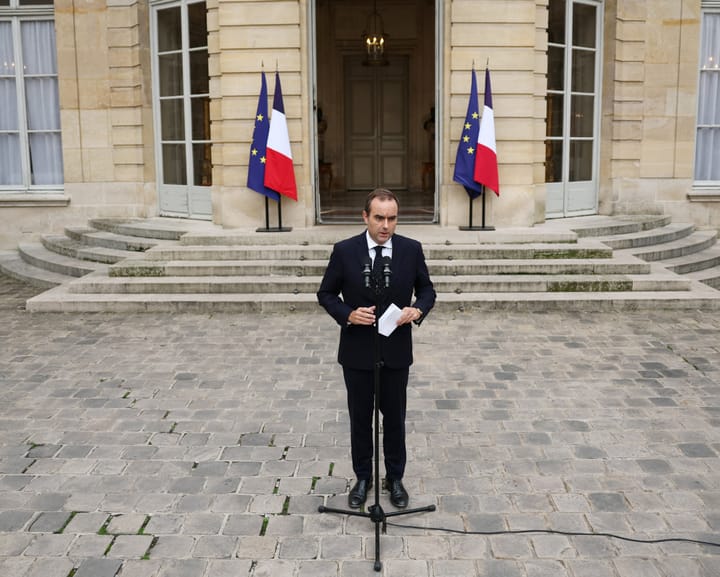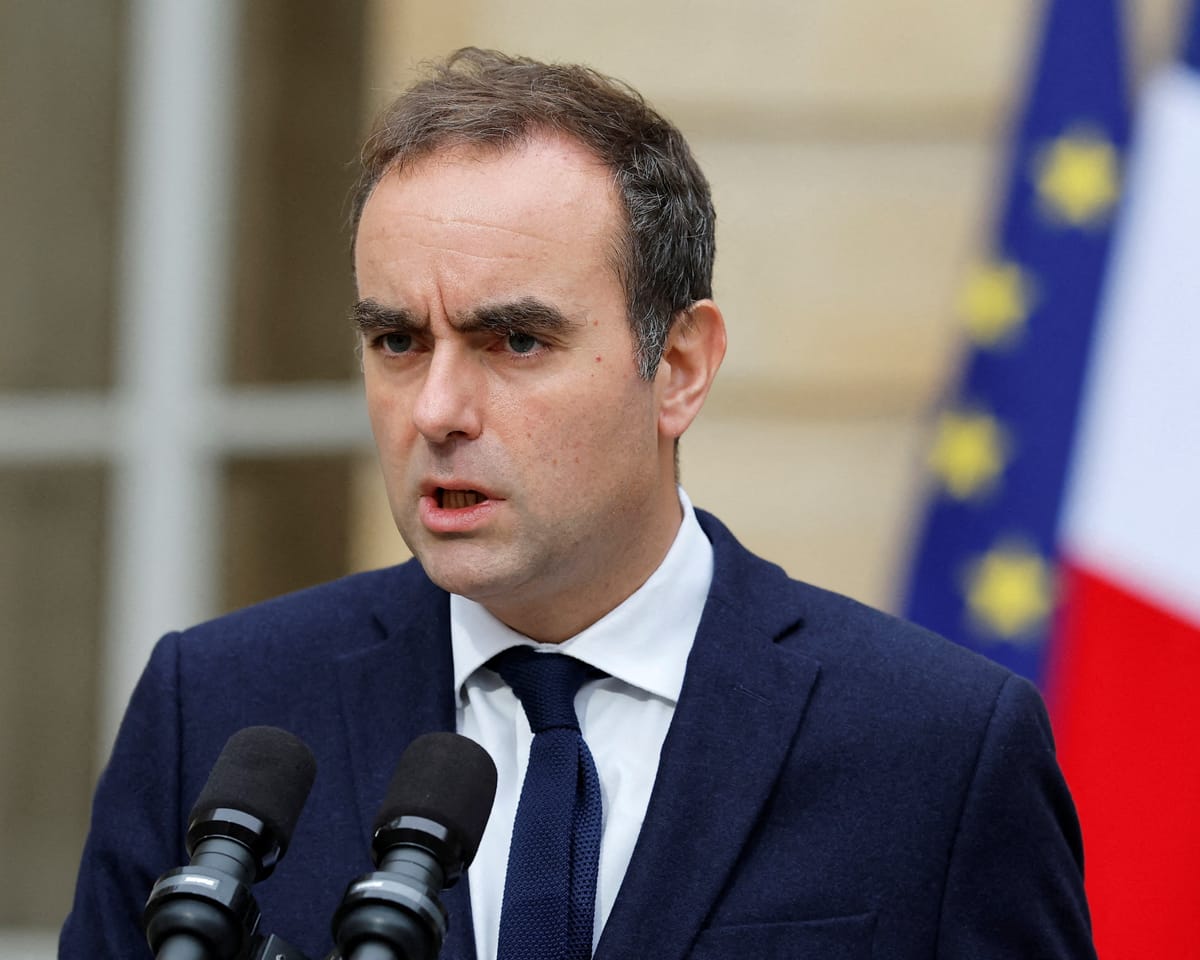French President Emmanuel Macron has reinstated his centrist ally Sébastien Lecornu as prime minister, just days after Lecornu resigned unexpectedly and his newly formed government collapsed within 14 hours.
Lecornu stated that he accepted the position again "out of duty" and vowed to "do everything possible to finalize a budget by year-end and tackle everyday challenges facing citizens."
He added, "We must resolve this political crisis that has frustrated the public and end the instability damaging France’s reputation and interests."
Macron’s decision to reappoint Lecornu so soon after accepting his resignation is unprecedented, occurring amid deepening political turmoil in the country.
Within Macron’s centrist Renaissance party, lawmaker Shannon Seban described Lecornu’s return as essential for ensuring "stability." Former education minister Élisabeth Borne suggested he could "foster compromise for France."
However, opposition parties viewed the move as a refusal by Macron—who has 18 months left in office—to include diverse political perspectives reflecting the fractured parliament in his government.
Lecornu now faces pressure to swiftly assemble a cabinet with fresh faces and varied political leanings, though this task appears increasingly difficult.
Jordan Bardella, leader of Marine Le Pen’s far-right National Rally, criticized Lecornu’s reappointment on social media, calling it a "failure of democracy" and a "disgrace to the French people." He pledged his party’s support for an early no-confidence motion.
Left-wing parties also expressed disapproval. The Socialist Party denied any agreement to abstain from a no-confidence vote, while Green Party leader Marine Tondelier labeled the reappointment "unbelievable."
Macron is navigating his most severe domestic crisis since taking office in 2017. Lecornu’s initial resignation followed intense backlash from opponents who accused the government of excluding diverse political voices matching parliament’s divisions.
He stepped down before his first cabinet meeting or policy speech. His predecessor, François Bayrou, was recently removed over budget disputes.
Lecornu, 39, previously served as defense minister and gained recognition for boosting military funding. His re-appointment marks the third premiership shift in a year, as France grapples with ongoing political instability following Macron’s unsuccessful snap election last year.
Parliament remains split among left, far-right, and centrist blocs, with no dominant majority. A budget for the upcoming year must still be approved rapidly, despite the political uncertainty.
Read next

"Indonesia school collapse: rescue efforts conclude with 67 fatalities"
Search Ends After Indonesian School Collapse Leaves Dozens Dead
Indonesian rescuers concluded their search on Tuesday for victims trapped beneath the rubble of a collapsed Islamic boarding school in East Java, after recovering more than 60 bodies, authorities confirmed.
The tragedy in the town of Sidoarjo struck last week when

"French PM makes last-ditch effort to save government as crisis deepens – Europe updates"
France's Political Standoff Continues as Prime Minister Seeks Cross-Party Support
France remains at a political stalemate as the outgoing prime minister, Sébastien Lecornu, makes a final attempt to gather support from rival parties for a new government.
President Emmanuel Macron assigned Lecornu, 39, to form a government in

"Macron calls emergency talks with parties to swiftly pick new PM"
Emmanuel Macron has called upon the leaders of several political factions to his office, urging them to demonstrate "collective responsibility" as he seeks to appoint a new prime minister amid growing political turmoil.
All parties except Marine Le Pen’s far-right National Rally, the largest opposition group, and

